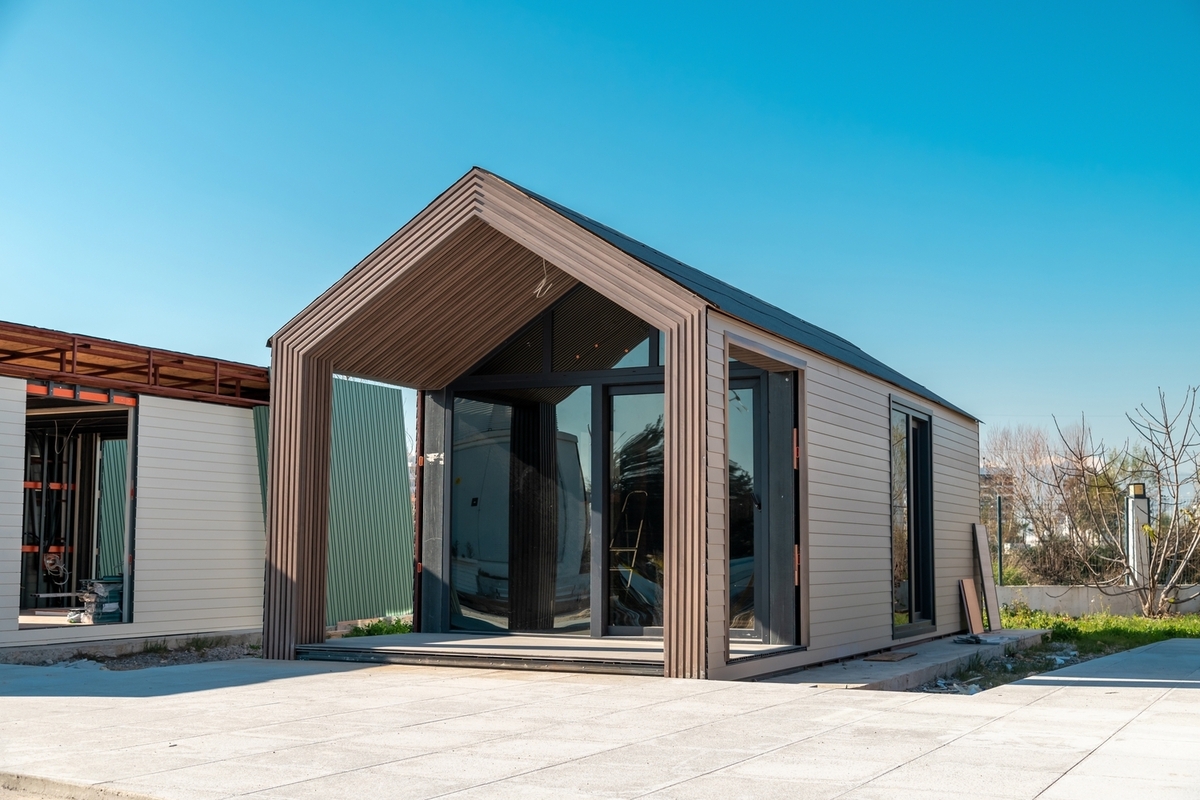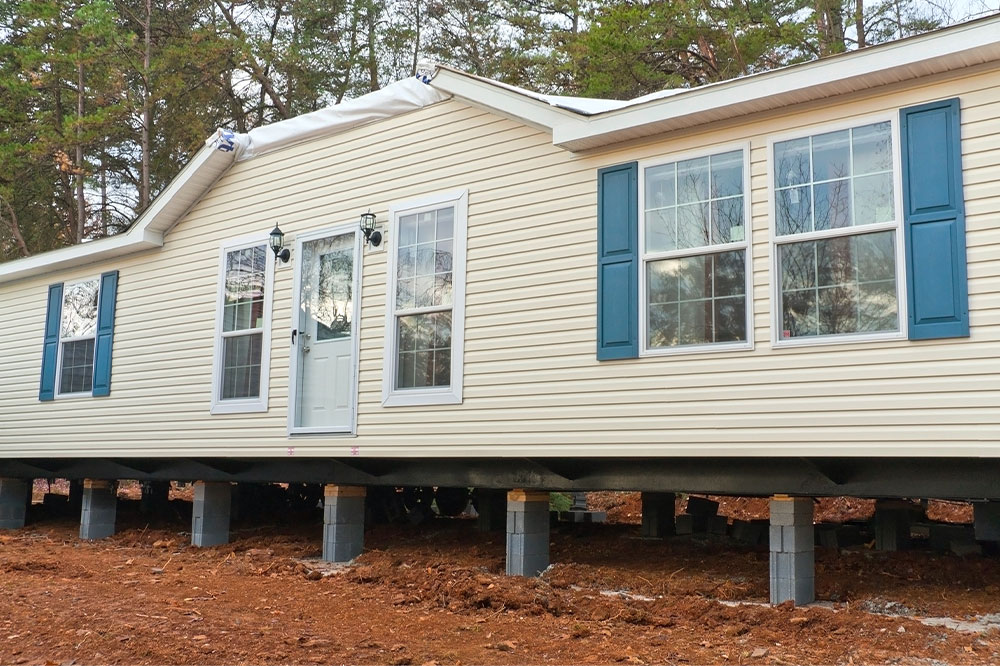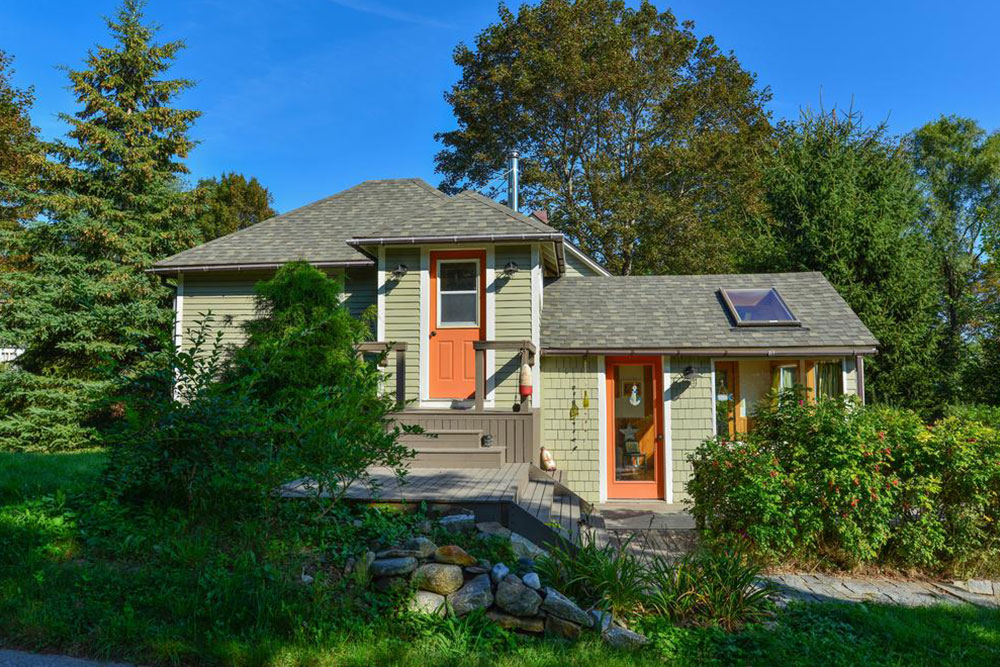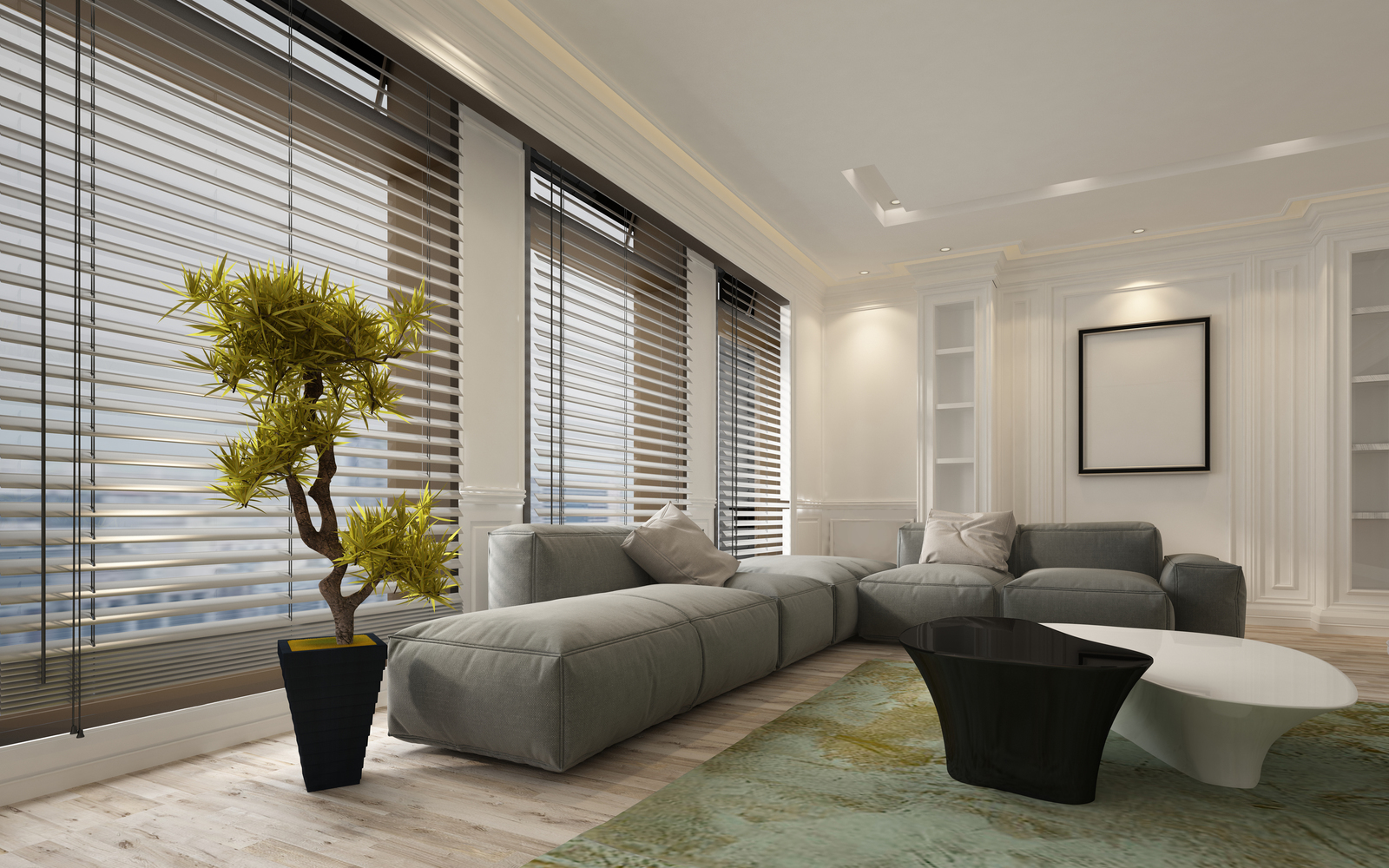Comprehensive Guide to Factors Influencing Modular Home Pricing in Canada
Discover the comprehensive factors influencing the cost of modular homes across Canada. This detailed guide covers transportation, size, design, land prep, utilities, permits, and taxes, providing essential insights for prospective buyers to budget effectively. Understand how each element impacts overall expenses and learn tips to manage costs for a successful modular home project, combining affordability with customization and eco-friendliness.

Comprehensive Guide to Factors Influencing Modular Home Pricing in Canada
Modular homes have surged in popularity across Canada as a versatile, cost-effective, and environmentally sustainable housing option. With urban property prices soaring and land scarcity becoming more prevalent, many Canadians are turning to modular construction to fulfill their housing needs. These prefabricated structures offer customization, efficiency, and affordability, making them an attractive alternative to traditional building methods. Understanding the key factors that impact the overall price of a modular home is essential for prospective buyers and investors to budget effectively and make informed decisions.
Understanding Modular Home Costs: Key Variables
Before embarking on a modular home project, it’s critical to familiarize oneself with the various elements that influence costs. Each component from transportation to permits plays a crucial role in determining the final price. This comprehensive guide delves into the main factors impacting modular home expenses, providing insights into how each aspect contributes to the overall budget.
1. Transportation and Delivery Expenses
One of the initial and often substantial costs associated with modular homes is transportation. The logistics of moving prefabricated sections from the manufacturer’s facility to the building site can vary significantly depending on several factors. Distance, size of the modular sections, and the number of pieces required for assembly all impact shipping costs. Longer distances invariably increase transportation expenses, especially when specialized equipment or permits are necessary.
Transportation costs can range from as low as $3,000 for local deliveries to upwards of $12,000 for long-distance moves. Typically, homeowners should budget approximately $5 to $10 per square foot for delivery charges, depending on how far and complex the transport route is. These costs include permits, escort vehicles if necessary, and handling fees at both ends of the journey. Efficient planning and working with experienced logistics providers can help minimize unexpected expenses.
2. The Size and Floor Area of the Home
Size remains one of the most visible determinants of cost in modular home construction. Larger homes demand more materials, labor, and time to build, which naturally escalates the final price. Buyers should expect a baseline rate of around $80 per square foot for standard units, but customizations and higher-end finishes can push this rate well beyond.
It's important to note that some costs, such as transportation and installation, may be bundled into the initial quote or billed separately depending on the contractor's policies. Clarifying this upfront can prevent surprises during project execution.
3. Number of Levels and Home Layout
The number of floors directly influences both design complexity and cost. Single-story modular homes, typically ranging from 800 to 1500 square feet, are more affordable and easier to install, often costing between $40,000 and $110,000. Larger or custom variants can exceed $270,000, especially if high-end finishes or unique layouts are incorporated.
Two-story homes, covering 1500 to 2500 square feet, usually fall within a price range of $75,000 to over $570,000 for premium builds. These designs offer more living space without significantly increasing foundation requirements.
Three-story models, spanning up to 3500 square feet, often cost between $150,000 and $260,000. Luxury features and customizations in multi-level homes can increase costs beyond these ranges, reaching $800,000 or more.
4. Number of Bedrooms and Bathrooms
The internal layout, specifically bedroom and bathroom count, substantially affects the overall cost. Larger homes with multiple bathrooms require additional plumbing, fixtures, and finishing, adding to expenses. For example, a modest two-bedroom, one-bathroom unit might be priced between $65,000 and $225,000, whereas a sprawling five-bedroom, three-bathroom residence could easily exceed $460,000.
5. Land Preparation and Site Work
Prior to installation, land clearing, grading, and foundation work are essential steps that influence total costs. The extent of landprep varies based on terrain, existing obstacles, and land size. Typical expenses include removing debris, leveling, installing driveways, septic systems, and other infrastructure. Most land prep costs hover around $2,750 but can escalate in challenging land conditions or larger parcels.
Proper site preparation ensures the stability and longevity of the modular structure, so investing in quality groundwork is crucial. Consulting professionals early in the process helps establish realistic budgets and project timelines.
6. Utility Infrastructure and Connections
Installing utilities is a pivotal aspect of modular home projects that can significantly impact overall costs. Utilities encompass electrical wiring, water supply, HVAC systems, septic tanks, and gas lines. Each element varies in cost depending on the site specifics and local regulations.
Electrical wiring installations typically range from $2,000 to $9,000, including necessary panels, outlets, and lighting.
Water wells, when needed, can cost between $3,000 and $15,000 for drilling and connection.
HVAC systems often fall within $5,000 to $11,000, ensuring proper heating and cooling.
Septic system installation costs span from $3,500 to $10,000, depending on lot size and soil conditions.
Gas lines, if applicable, range from $500 to $5,200 for installation and connection.
7. Permits, Fees, and Regulatory Compliance
Compliance with local regulations is non-negotiable in modular home projects. Permitting processes include soil testing, building permits, septic approvals, and driveway permits. These fees can vary widely based on location, ranging from $500 to $5,000 or more. Engaging with local authorities early helps navigate the legal requirements and ensures smooth project approval.
8. Taxes and Additional Costs
Taxes represent a noteworthy expense, typically accounting for 5-7% of the home's purchase price. In Canada, sales taxes can add between $5,000 and $10,000 or higher, depending on regional tax rates. Buyers should also factor in miscellaneous expenses such as insurance, financing, and potential land transfer taxes.
In summary, understanding the multifaceted costs associated with modular homes empowers buyers to plan effectively. From transportation to legal permits, each element must be considered to create a realistic budget. With proper planning and professional guidance, owning a customizable, eco-friendly modular home becomes a feasible and rewarding project, fitting diverse budgets and lifestyle needs.





